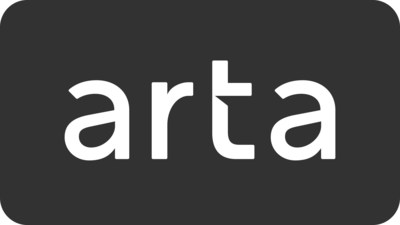Using US Treasuries, a "financial superpower" of the ultra-rich, Arta Finance, a Digital Family Office, today unveiled Harvest Treasuries AI-Managed Portfolio (AMP), a high yield, low risk alternative to savings accounts. The underlying assets of Harvest Treasuries AMPs are exchange-traded funds (ETFs) of treasury bonds and notes fully backed by the US Government. These ETFs are managed using artificial intelligence (AI) to optimise for the highest yield and vigilantly respond to changes in interest rates and other factors.
Most people try to save their money in banks, but why do so when you can own US Treasuries directly and get a better yield? Why accept near-zero interest rates? declared Caesar Sengupta, co-founder and CEO of Arta Finance. The Harvest Treasuries AMP "helps investors ride out today's high inflation and high interest rate environment by making it simple to optimise returns from various Treasuries securities."
Investors are frantically searching for safer investments with solid returns due to the current market volatility, rising interest rates, and unsettling inflation. The majority of people are aware of savings accounts, certificates of deposit, and money market accounts when it comes to generating greater interest rates on savings or extra money. However, there is now a different choice that may provide higher yields at a low risk. The Harvest line of AI-Managed Portfolios (AMPs) was developed by Arta, and they are designed to maximise high yields for a quick investment of savings.
Investors that want liquidity and a high interest rate can do it with the Harvest Treasuries AMP. Harvest Treasuries are a fantastic method to increase short-term savings for a rainy day fund or approaching milestones like a vacation or down payment on a property.
US Treasury securities, which have one of the lowest risk profiles(2), are the investments that produce a high yield for the Harvest Treasuries AMP. These include Treasury bills, notes, bonds, and inflation-protected securities, collectively referred to as TIPS, T-bills, notes, bonds, and T-bonds.
Source prnewswire



No Comments